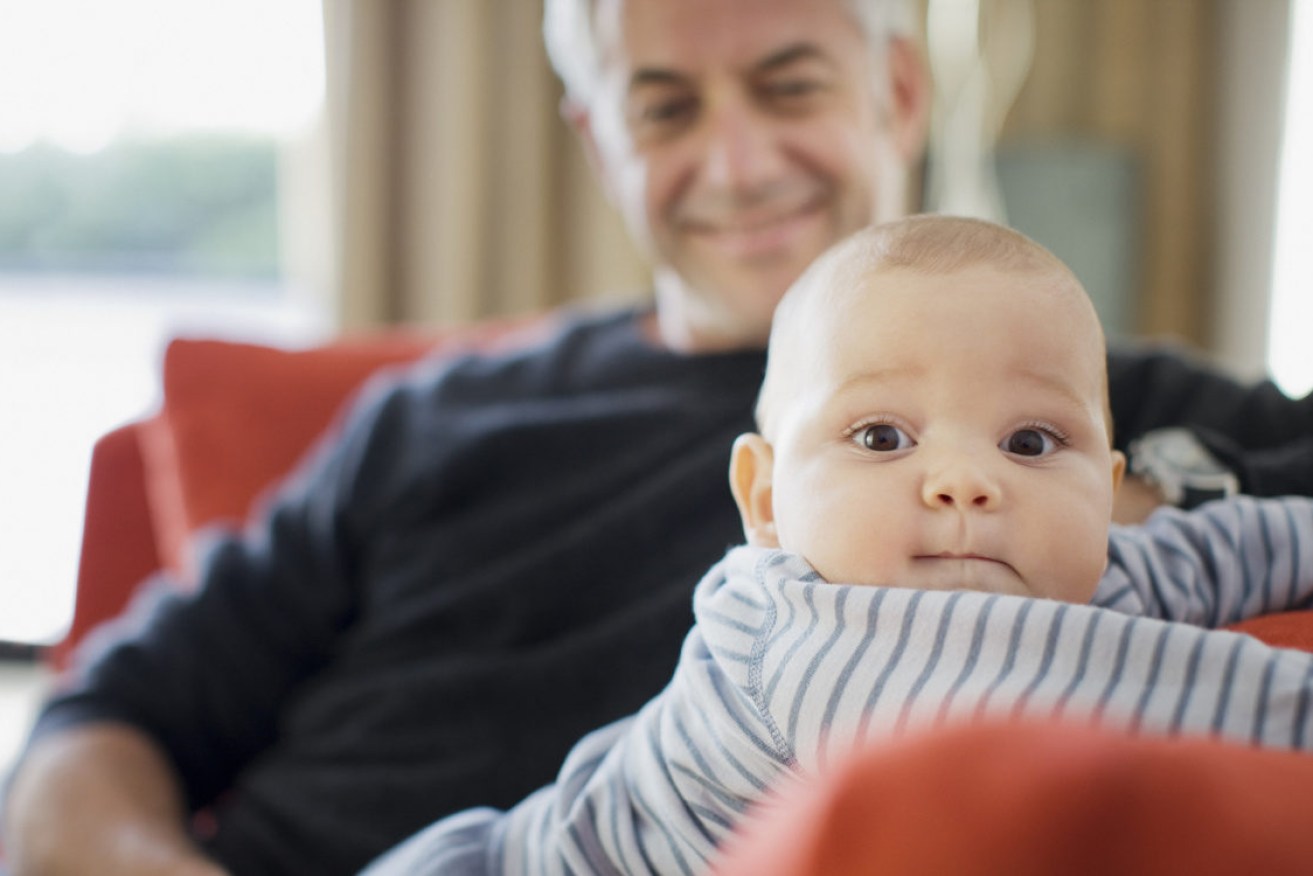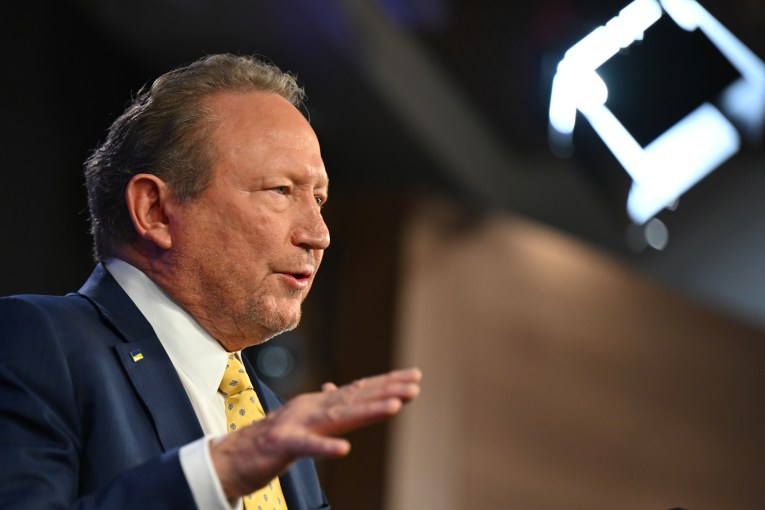How old is too old to have a baby? Technology is pushing the boundaries of possibility


Technological advances are extending the age at which people can have children. Photo: Getty
Last week, a 74-year-old woman in India gave birth to twins following IVF treatment.
The case made headlines around the world, and provoked questions about the ethics of using technology to enable older people to give birth.
Believed to be the oldest person in the world to give birth, Mangayamma Yaramati told BBC Telgu that she and her husband, 82-year-old Sitarama Rajarao, had always wanted to have children but were unable to conceive until recently.
The couple had been stigmatised in their village due to their inability to have children, said Ms Yaramati, who gave birth via caesarean section.
“We tried many times and saw numerous doctors, so this is the happiest time of my life,” she said.
Technology is changing the nature of giving birth
From IVF to artificial wombs, technology is increasingly offering solutions to age-related restrictions on giving birth – and raising new ethical questions.
“Technologies like IVF are helping women with reduced fertility due to age, and something like an artificial womb is going to extend that much further,” said Deakin University bioethics and health humanities lecturer Evie Kendal.
“So if we are able to develop that technology and release it in an ethical and legal manner then we might find that some of the concerns about more mature women [giving birth] are actually going to be dealt with by a technological solution.”
The ‘right’ age to have a child? It’s not that simple
Many women are put in an invidious position when it comes to choosing when to have a baby, Dr Kendal said.
Social and economic changes mean that women in Australia are delaying having children until they have greater financial stability, with some “made to feel as though they’re putting their career above their family”, she said.
“But the reality is, without a stable income, stable employment, or housing, these same women are made to feel guilty if they do have children because they’re bringing them into the world without sufficient resources to give them the best opportunities.
“It’s a rock and hard place situation for a lot of women.”
The age of a father or sperm donor is often left out of the debate, but is also relevant, Dr Kendal said.
“We do have risks associated with age. But a very important thing to remember is that those risks are also present for men,” she said.
“Age does factor into male fertility and the health of the offspring.”
The ethics of having a baby in your 70s
When it comes to the ethics of having a baby later in life, the fundamental question to consider is whether or not it’s appropriate to use technology to enable a birth that would not otherwise occur.
“On the one hand, getting pregnant and gestating embryos and fetuses is just a natural biological process that some human bodies can do and some human bodies cannot do,” Dr Kendal said.
“There’s no moral attachment to that per se. It’s just something that can or cannot happen depending on a number of physiological factors.
“So, if we had a 74-year-old woman who naturally fell pregnant, I don’t think any of us would be in a position to judge…this is a naturally occurring biological function.”
What’s controversial about Ms Yaramati’s case is the “medical intervention that’s bringing about something that otherwise would not occur in nature”, Dr Kendal said.
“The challenge that we’re going to face there is where do we draw the line between something that we think is an acceptable use of technology and is not?”
In Australia, many people are using IVF – particularly in their late 30s and early 40s – and we are “tolerating that as a society quite well”, Dr Kendal said.
At what point do we start saying, ‘No, you’ve crossed the line and we will not support access to this technology for you in particular’?’’
Ms Yaramati’s case is “quite an extreme one”, and there are very few people in their 70s who would want to be pregnant, Dr Kendal points out.
“So, at the end of the day we have to come up with a statement regarding whether we want to support that freedom,” she said.
The health of the woman involved should be the chief consideration, followed by “secondary considerations” including the health of the fetus, and, “in the future, if there is a child born of technology at that extreme age, what sort of ethical responsibility might we have for providing for that child if, for example, their biological parents died within a short number of years after they were born”, Dr Kendal said.
“Those ethical obligations come up because we are using a technology to circumvent an otherwise naturally occurring closing date for fertility,” she said.
While people will have “very different views on that and be particularly concerned about the welfare of the infant”, the chief concern should always be “the health of the pregnant person”, Dr Kendal said.
“I’m personally very concerned about the welfare of the woman,” she said.
It’s also important to consider cultural contexts and remember that “in some countries women are very disadvantaged if they are infertile”.
“A diagnosis of infertility can even be as serious as a death sentence for some people,” Dr Kendal said.
“If they’re ostracised from their community and de-prioritised from resources including food then you can imagine that something like IVF to have children – even at extreme ages – might actually be considered a life-saving intervention.”








